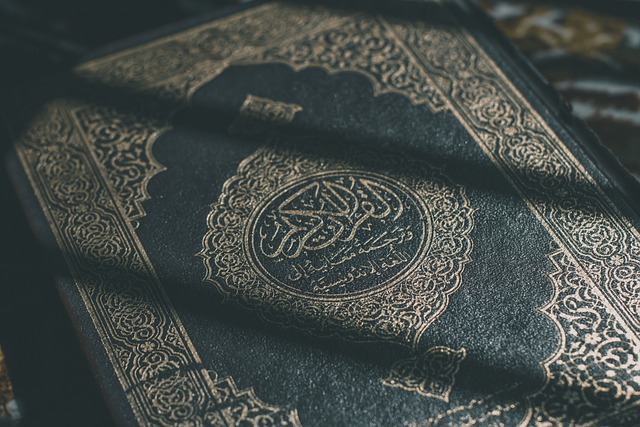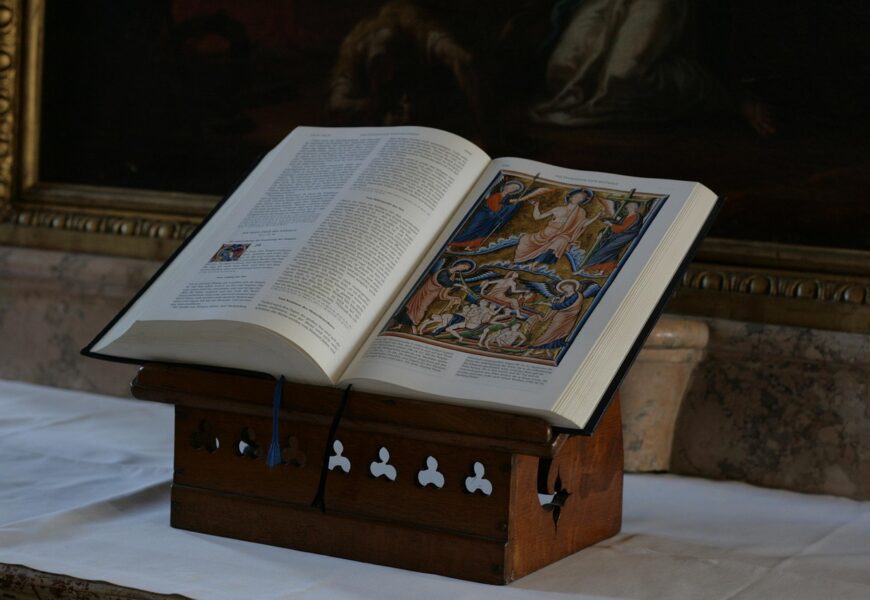A Clear Answer for Interfaith Discussions
During interfaith discussions, critics of Islam often bring up a challenging question:
“If the Quran says God’s words cannot change, how can Muslims believe that earlier scriptures like the Torah and the Gospel were corrupted?”
At first glance, this may seem like a contradiction. However, when we examine the matter carefully, the answer becomes clear. Let’s explore this step by step.
Why the Question Seems Confusing
To begin with, critics often refer to Quran 6:115, which says:
“The words of your Lord have been fulfilled in truth and justice. No one can change His words.”
They ask: If God’s words can’t change, how do Muslims claim that earlier scriptures were altered?
This confusion comes from mixing up two different things:
- God’s divine message, which is perfect and unchangeable
- Human-made texts and interpretations, which are vulnerable to error
Understanding this difference is key.
Let’s Separate Divine Revelation from Human Writings
What Cannot Be Changed
First and foremost, the Quran refers to God’s original words when it says they cannot be changed. This includes:
- His commands and laws
- His original messages to the prophets
- Eternal truths revealed from Him
These divine messages remain pure and unchanged in God’s realm.
What Can Be Corrupted
On the other hand, Muslims believe that the written form of earlier scriptures can be changed. Why? Because:
- Humans copied and passed down the texts
- People added or removed content over time
- Political and religious leaders sometimes altered the message to serve their goals
So, while God’s message remains perfect, its human-written form became vulnerable.
The Quran Points Out This Corruption
Importantly, the Quran itself tells us that previous scriptures were changed.
In Quran 2:79, we read:
“Woe to those who write the Book with their own hands and then say, ‘This is from God,’ to sell it for a small price.”
This verse clearly shows that people changed God’s message, either for personal benefit or due to carelessness.
How Did Corruption Happen?
Now, let’s understand how these changes took place over time. Several key reasons explain this:
- Manual copying – Since printing didn’t exist, people copied scriptures by hand, leading to mistakes.
- Language barriers – Translations often introduced errors or unclear meanings.
- Political influence – Rulers sometimes shaped religious texts to match their agendas.
- Loss of original manuscripts – The earliest versions of these scriptures no longer exist.
- Limited education – Many early followers couldn’t read or write, so they relied on memory, which led to mistakes.
As a result, the human transmission process introduced changes, even though God’s original message was pure.
So Why Is the Quran Different?

Unlike previous scriptures, Muslims believe the Quran has been fully preserved. But how?
- Thousands of people memorized it during the Prophet Muhammad’s life
- It was written down soon after his death
- The Arabic language remains stable and widely used
- There is an unbroken chain of memorization and teaching from the Prophet’s time to today
More importantly, God promised to protect the Quran Himself.
“Indeed, We sent down the Quran, and We will surely guard it.” (Quran 15:9)
This clear promise sets the Quran apart from earlier revelations, which lacked such a guarantee.
Responding to the Critics: Key Points to Share
When someone raises this question, here’s how you can respond clearly and respectfully:
1. God’s Words Are Unchanging — But Humans Can Make Mistakes
God’s original words remain untouched in the divine realm. However, once humans took responsibility for writing and preserving them, mistakes and changes became possible.
2. Not Every Scripture Had the Same Divine Protection
Only the Quran includes a direct promise of divine protection. Earlier communities were given the task to protect their scriptures, but they failed over time.
Quran 5:44 reminds us:
“We sent down the Torah with guidance and light. The prophets who submitted to Allah used it to judge… and the rabbis and scholars were entrusted to preserve it.”
3. God Tests Different Nations in Different Ways
God could have protected all scriptures, but He chose not to. Instead, He gave each community a responsibility — and their performance was part of their test.
Frequently Asked Questions
❓ Couldn’t God have protected every scripture?
✅ Yes, He could. However, God allowed previous communities to prove their faith by preserving His message — a test that many failed. With the Quran, God took full responsibility for its protection.
❓ Does the Quran say exactly what was changed in other scriptures?
✅ No, it does not list every change. But it clearly states that corruption happened, and Islamic scholars have identified many differences through comparative studies.
Do Muslims believe the Bible is completely false?
✅ Not at all. Muslims believe that some truth remains in earlier scriptures. The Quran confirms what is still correct and corrects what was altered.
Final Thoughts
To sum it up, the claim that God’s words cannot change is absolutely true — but we must understand what that means.
God’s original, divine message is eternal and unchangeable. However, the written texts passed down by human hands can and did change over time.
By recognizing the difference between divine revelation and human documentation, we can resolve the apparent contradiction. This clarity not only strengthens faith but also helps build respectful and informed conversations across different religions.
To explore the Quran’s perspective on the alteration of earlier scriptures and the concept of “tahrif,” read: Does the Quran Say Previous Scriptures Are Corrupted?
Last modified: 14/06/2025



Your words carry quiet authority, guiding the reader with calm confidence. Each sentence supports reflection, fosters introspection, and nurtures a thoughtful, immersive experience that combines intellectual and emotional resonance.